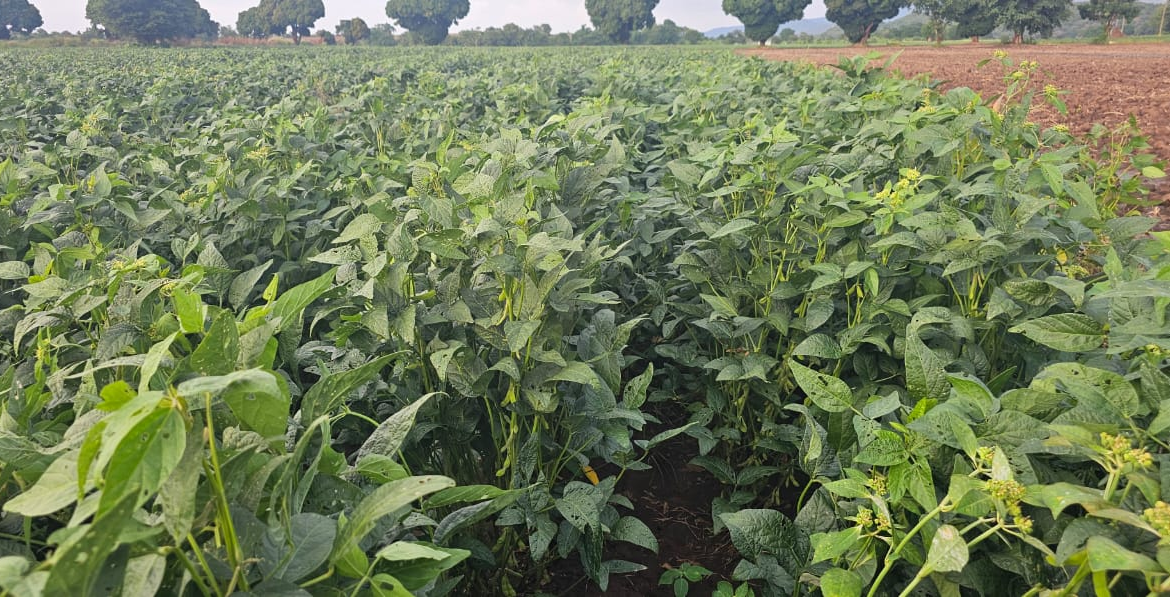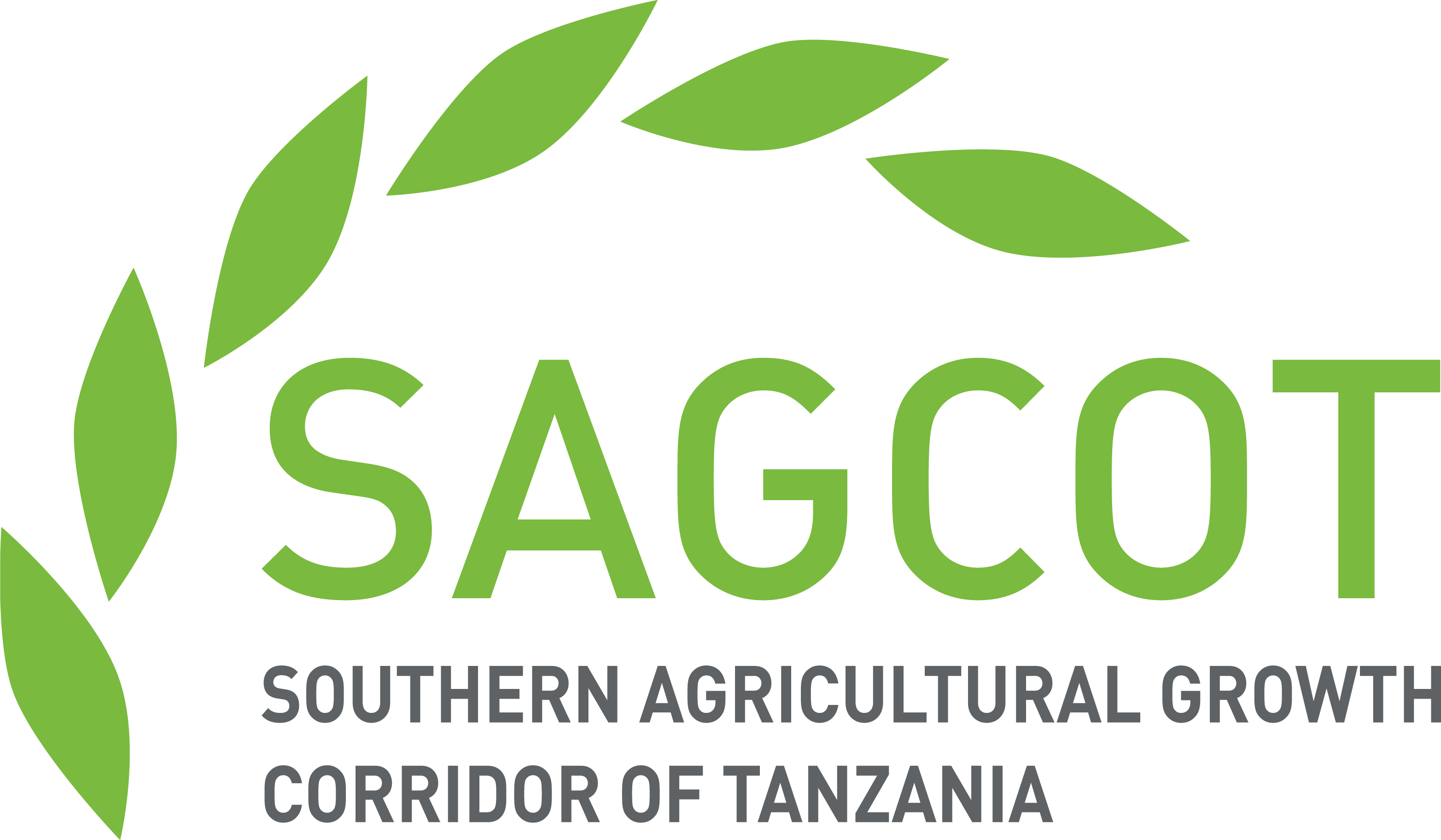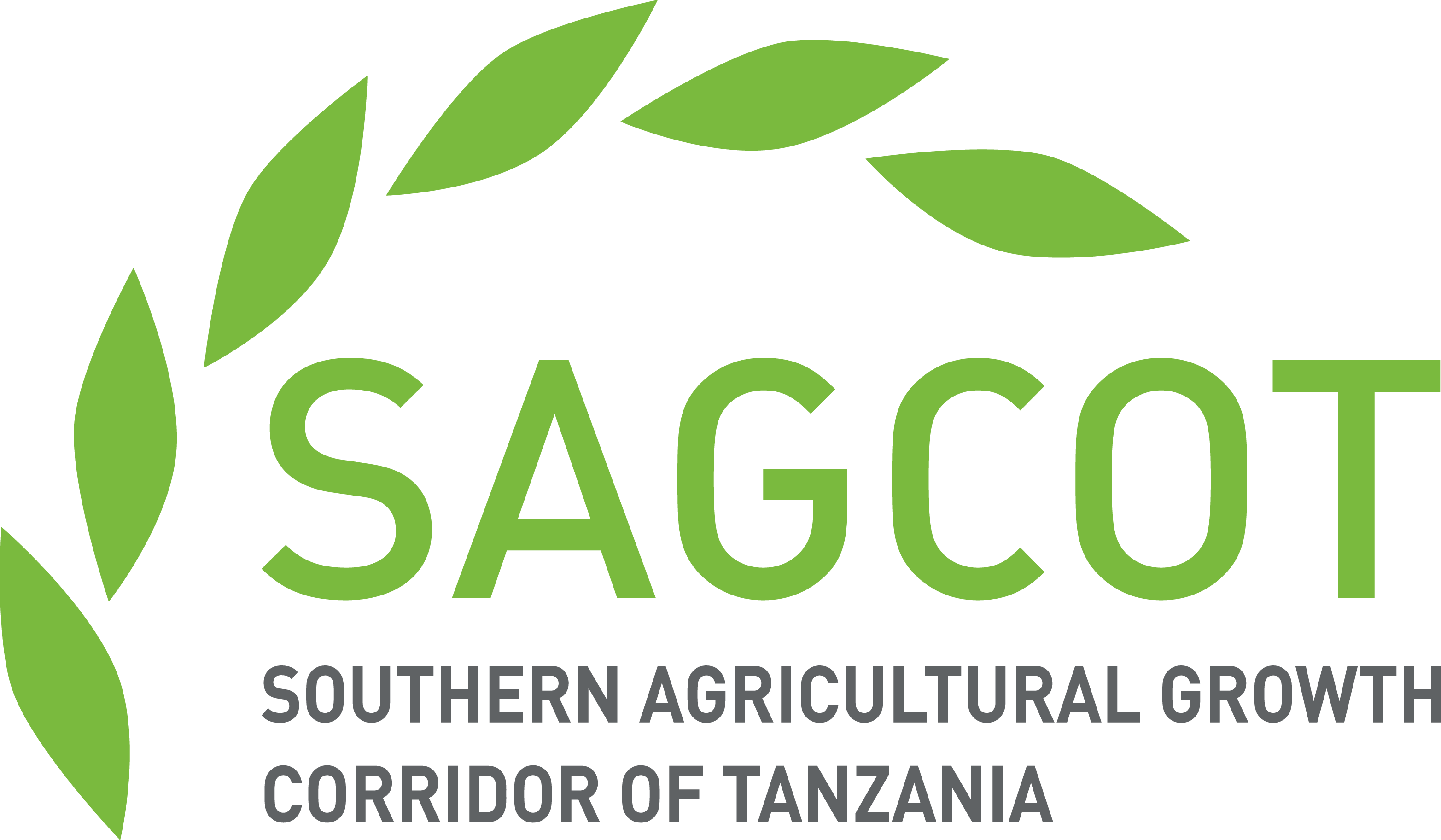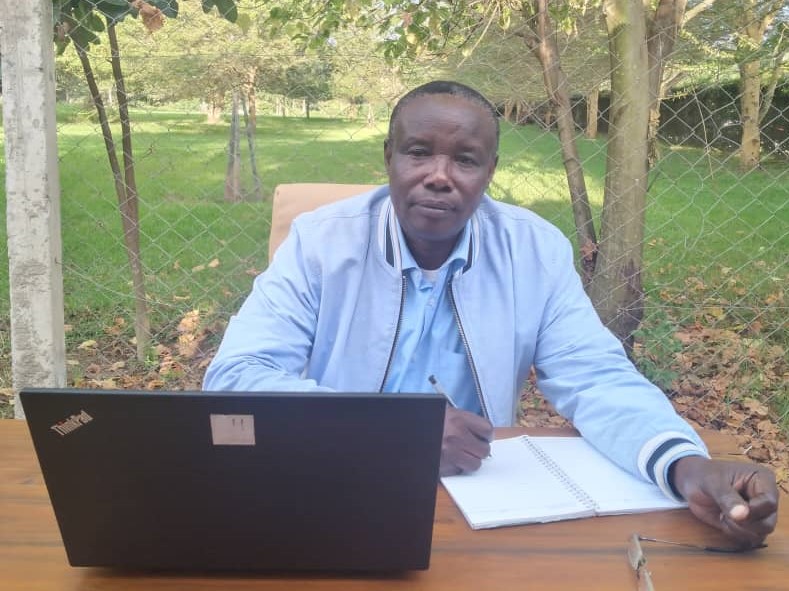In an exclusive interview with SAGCOT Centre, Wilfred Mushobozi, founder of Crop Science Solutions and visionary behind the Soybean Knowledge Centre in Arusha, Tanzania, shared his bold mission to revolutionize agriculture. As demand surges for high-protein livestock feed and edible oil, Mushobozi spearheads a soybean-led transformation, empowering farmers through knowledge, innovation, and practical solutions.

From Public Service to Agribusiness Pioneer
Mushobozi transitioned to entrepreneurship in 2006 from public service by founding Crop Science Solutions. Initially focused on tissue culture for crops like bananas and cassava, he later expanded into soybeans, recognizing their untapped potential. Today, his company manages 100 hectares (250 acres) of soybean cultivation, employs 15 permanent staff and up to 75 seasonal workers, and serves as a model for modern farming in Tanzania. “Agriculture is a science,” he asserts. “We’ve relied on traditional methods too long. It’s time for efficiency and profitability.”
Seed Production: A Foundation for Growth
At the heart of Crop Science Solutions lies a focus on seed production, particularly for leguminous crops and vegetative feeds. Mushobozi pioneered Tanzania’s first commercial tissue culture laboratory, reshaping planting material availability. “We started with bananas,” he explains, “but demand pushed us to expand into pineapple MD2, cassava, coffee, grapes, vanilla, sweet potato vines, and seed potatoes.” This diversification ensures farmers access high-quality, disease-resistant plantlets, boosting food security and economic resilience.
His approach to seed systems is both practical and scalable. By bulking and multiplying seeds, he has turned small beginnings into a robust supply chain. “Agriculture is a science, not a miracle,” he insists, advocating for research-backed methods over traditional guesswork.
The Genesis of the Soybean Knowledge Centre
Mushobozi’s soybean journey began modestly with 20 kilograms of seed . Early setbacks—such as a failed batch from a ministry project—tested his resolve, but he salvaged what he could, developing a parent stock that fueled growth. “We started small, but resilience paid off,” he recalls.
Today, Crop Science Solutions’ Soybean Knowledge Centre is a hub where farmers can overcome skepticism about soybeans’ marketability, cultivation, and storage. “They hesitated because they lacked knowledge, not interest,” he explains. “We don’t just tell them what to do—we show them.”
The Centre offers hands-on training in land preparation, seed selection, pest management, post-harvest handling, and access to high-yielding, drought-resistant seeds. Collaborating with IITA, it introduces varieties from Brazil with elevated oil and protein content, addressing a critical seed availability gap. Mushobozi urges SAGCOT partners to leverage the Centre to advance soybean farming.
Bridging Knowledge and Scaling Production
The Centre tackles Tanzania’s agricultural knowledge deficit head-on. Farmers learn soil health management, mechanization, and sustainable practices through field demonstrations and precision farming techniques. “Seeing is believing,” Mushobozi says. “When they witness results, adoption follows.”
Beyond education, he fosters a ripple effect by distributing seeds to regions like Morogoro, encouraging peer-to-peer learning. “This is how we grow—one farmer at a time,” he notes. Currently yielding an estimated 2.5 to 3 metric tons per hectare, Mushobozi aims to further boost productivity with climate-smart irrigation and rhizobium inoculation for nitrogen fixation. “Soybean isn’t just planting and hoping—it’s a science,” he emphasises.
The rationale behind Mushobozi’s transformative efforts lies in addressing knowledge gaps, seed availability, and market access challenges for soybean farming. With rising demand for high-protein livestock feed and edible oil, soybeans present an opportunity to enhance food security, boost farmer incomes, and develop Tanzania’s agro-processing industry. The Soybean Knowledge Centre serves as a hub for training, demonstration, and dissemination of best practices, equipping farmers with the tools to succeed while building a sustainable value chain.
Key collaborations have played a crucial role in advancing this vision. Organisations like SEEDCo , TOSCI , IITA , and RS strengthen seed systems and introduce high-yielding, climate-resilient soybean varieties. For instance, IITA has facilitated access to superior varieties from Brazil, which outperform local breeds in oil and protein content. These partnerships ensure quality seed supply and foster research tailored to local conditions. Additionally, SAGCOT aligns private sector initiatives with national goals, advocating for public-private partnerships (PPPs) to unify the soybean value chain and attract investment in processing infrastructure. Together, these efforts lay a strong foundation for transforming Tanzania into a regional leader in agribusiness.
Building a Robust Soybean Ecosystem
Mushobozi envisions a comprehensive soybean value chain connecting farmers, processors, financial institutions, and markets. “Soybean is a game-changer—for food, feed, oil, and export,” he says, citing Malawi’s shift from sunflower to soybean oil as a blueprint.
However, challenges persist: limited processing facilities cause market instability, and fragmented stakeholder efforts hinder progress. “We need a real consortium, not just meetings,” he urges. To strengthen the sector, the Centre links farmers with buyers and advocates for farmer-friendly loans from banks. “Financing is a barrier,” he admits. “Without credit for seeds and machinery, smallholders can’t scale.”
Innovation and Youth Engagement
Innovation drives Mushobozi’s vision. He employs data analytics for soil health and yield prediction while promoting mechanisation with tractors and planters. “Soybean is a mechanised crop,” he states. “Manual farming won’t cut it for commercial scale.”
He also targets youth, hosting training to reframe agriculture as a tech-savvy career. “Young people see farming as outdated,” he says. “We need to show them it’s a business.” Through hands-on training sessions at his Arusha base, he invites students, journalists, and policymakers to witness modern farming. “Bring 50 youths here; let them see mechanisation and seed systems,” he urged officials. This call led to collaborations with institutions like VETA, where even instructors now learn practical skills from his team.
Policy and Partnership Imperatives
Despite progress, Mushobozi stresses the need for government action. “The private sector can’t do it alone,” he argues. He calls for subsidies on equipment, tax incentives for processors, and investment in oil extraction plants to curb imports. “Tanzania imports soybean meal and oil we could produce locally,” he notes.
A structured public-private partnership (PPP) could unify the value chain, ensuring that farmers’ markets and processors have a stable supply. “Policies exist, but implementation lags,” he says.
A Vision for Tanzania and Beyond
Mushobozi views soybean farming as a cornerstone of the economy—reducing imports, creating jobs, and enhancing food security. “If we get this right, we’ll feed livestock efficiently and build an agro-processing industry,” he predicts. The Centre, a replicable model, could inspire similar hubs across Africa, turning survival farming into prosperous agribusiness. “Knowledge is the key,” he insists. “We’re making it accessible to all.”
With unwavering determination, Mushobozi says, “Somebody has to do it. If nobody else will, we will.” As the Soybean Knowledge Centre scales up, it’s poised to redefine Tanzania’s agricultural future—one seed, one farmer, one innovation at a time.
Mechanisation and Modern Farming
Mushobozi champions mechanisation as a cornerstone of national agricultural progress. “We can’t achieve commercial-scale production without modern equipment,” he argues. His farm demonstrates the power of tractors, planters, and harvesters, reducing labour costs and enhancing efficiency. This shift is crucial for Tanzania to compete regionally, and Mushobozi leads by example, integrating precision farming techniques such as soil analysis and data-driven decision-making.
Engaging the Next Generation
A key pillar of his vision is inspiring young people to view agriculture as a viable career. “Young people view farming as outdated,” he notes. “We need to show them it’s a business and a science.” Through hands-on training sessions at his Arusha base, he invites students, journalists, and policymakers to witness modern farming. “Bring 50 youths here; let them see mechanisation and seed systems,” he urged officials. This call led to collaborations with institutions like VETA, where even instructors now learn practical skills from his team.
Policy Advocacy and National Impact
He calls for an enabling environment with affordable loans, equipment subsidies, and public-private partnerships to drive commercial farming and bridge gaps between farmers and markets. On his part, he remains committed, sharing knowledge and resources to spark change.
Through his relentless efforts, Wilfred Mushobozi is transforming Tanzania’s agricultural landscape and laying the groundwork for a sustainable, prosperous future powered by soybeans.
Wilfred Mushobozi’s Soybean Knowledge Centre transforms Tanzania’s agriculture by providing hands-on training, promoting mechanisation, fostering youth engagement, and advocating for policy reforms to build a robust soybean ecosystem.






